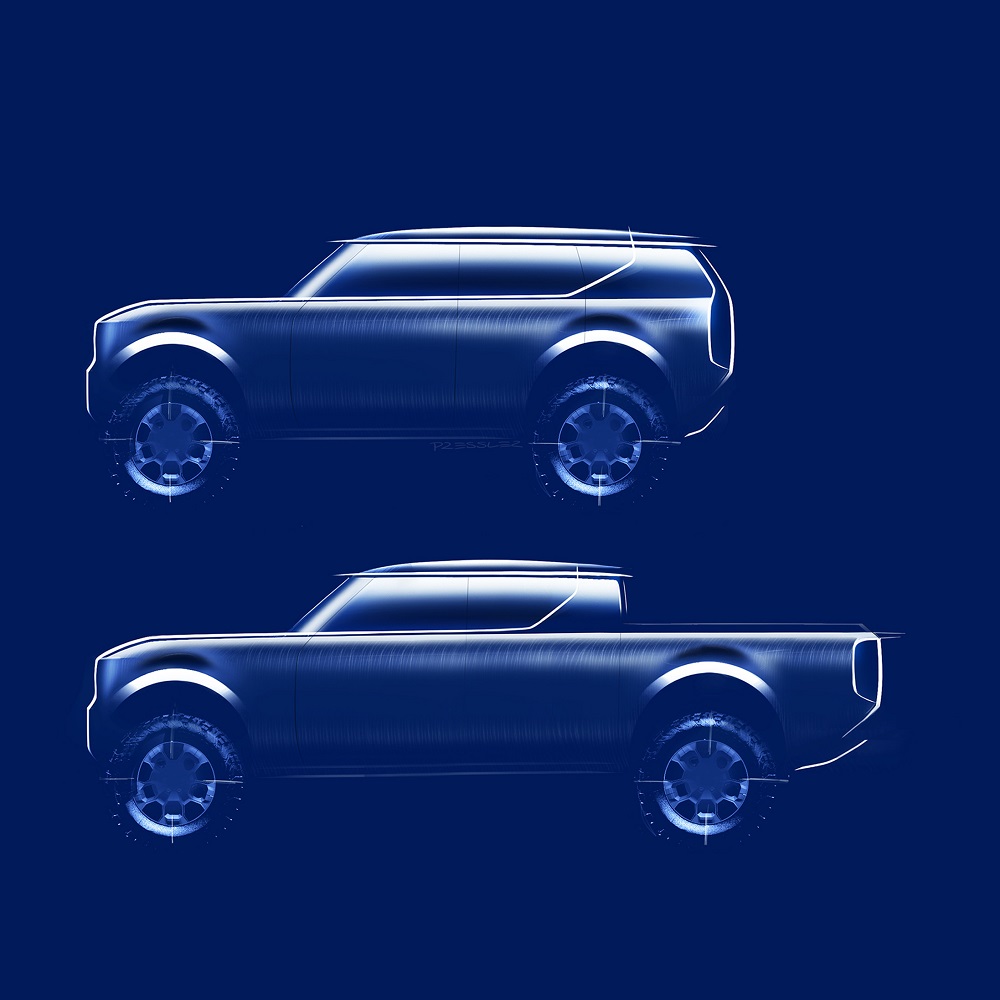SAN FRANCISTO, Aug 23 — Baidu, the Chinese technology giant behind the country’s search engine, has just announced a level 5 SAE autonomous car thanks to a new chip. Behind this potential success is an ambitious open source platform called Apollo.
Communications stunt or masterstroke? At the end of 2018, John Krafcik, boss of Waymo at the time (Alphabet’s autonomous car subsidiary) explained that it would be another decade before we see fully autonomous cars on the roads. Three years later, Baidu is unveiling its “robocar,” which the company has created at the highest level of autonomy, stage 5 SAE. It’s pretty surprising, as this level of independence seems difficult to reach.
The car would be able to manage itself, in all circumstances, without human intervention. For the moment, it’s hard to believe, as the remaining obstacles before a completely autonomous car could be achieved seem to be numerous. The production of a new second-generation Kunlun chip specialised in calculations and artificial intelligence seems to be part of the solution. Its calculation capacity is two to three times higher than the old chips.
Baidu took more than eight years to develop its “robocar,” whose name has not yet been revealed. With its zero-gravity seats, voice and facial recognition, and advanced artificial intelligence capabilities, the prototype vehicle is “more robot than car,” according to Baidu CEO Robin Li. The zero-gravity seats allow for a natural posture that minimises stress on bones and joints to achieve the neutral spinal position that humans adopt in a weightless situation. The two-seater vehicle — with no steering wheel or pedals — has two retractable doors, a large intelligent curved screen, and a control pad.
Through #BaiduWorld2021, we have showcased the endless possibilities with Baidu. Reliable #robocars for transportation, enhanced technologies with #BaiduAICloud, Baidu Brain 7.0, and Kunlun II AI Chip are only the start of a new era of technology made possible by Baidu. pic.twitter.com/4ijAg4FB2j
— Baidu Inc. (@Baidu_Inc) August 18, 2021
Apollo open source platform Baidu’s advantage in the race to develop self-driving cars lies in its Apollo platform. Dozens of global automakers, automotive component suppliers, and technology companies have joined Baidu’s open source program to enable mass production of its cars. Baidu is taking this different approach to distinguish itself from its competition. The clean technology used to build an autonomous vehicle is less important than the smart infrastructure it is connected to, according to the company.
We saw a short demonstration of the vehicle during the Chinese company’s conference, but as yet there were no groundbreaking surprises. Baidu showed its vehicle bypassing obstacles, making U-turns, and changing its direction when directed by the user. The expected release date of the robocar is still unknown. — ETX Studio






















